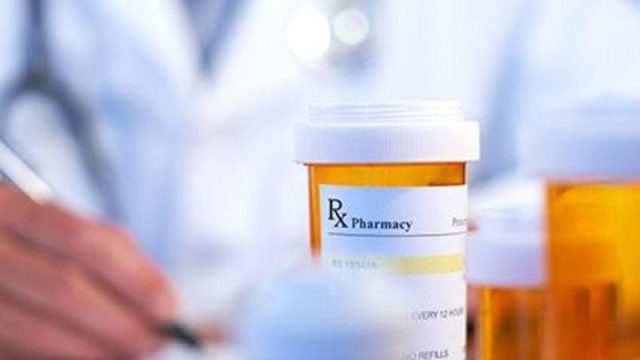Authors find 19 percent increased risk for antidepressant Rx among previously naive adults
By Lori Solomon HealthDay Reporter
WEDNESDAY, May 15, 2024 (HealthDay News) — Individuals taking glucagon-like peptide (GLP)-1 receptor agonists have a greater risk for subsequently being dispensed antidepressants, according to a study published online April 23 in Diabetes, Obesity, and Metabolism.
Osvaldo P. Almeida, Ph.D., from University of Notre Dame in Fremantle, Australia, and colleagues assessed whether dispensing of GLP-1 receptor agonists is associated with increased dispensing of antidepressants. The analysis included a 10 percent random sample of the Australian Pharmaceutical Benefits Scheme data (2012 to 2022).
The researchers found that 358,075 of 1.7 million individuals were dispensed antidepressants, and 8,495 of the 24,783 dispensed a GLP-1 receptor agonist were also dispensed an antidepressant in 2022 (odds ratio, 1.44). Among 24,103 individuals dispensed a GLP-1 receptor agonist between 2012 and 2021, 8,083 were dispensed antidepressants in 2022 (odds ratio, 1.52). Among 1.2 million individuals who had not been dispensed antidepressants in 2012, there was a heightened risk for being dispensed an antidepressant between 2013 and 2022 following the dispensing of a GLP-1 receptor agonist (hazard ratio, 1.19).
“Individuals exposed to GLP-1 receptor agonists are at greater risk of being dispensed antidepressants,” the authors write. “The possible impact of GLP-1 receptor agonists on the mood of consumers requires ongoing vigilance and further research.”
Copyright © 2024 HealthDay. All rights reserved.



















